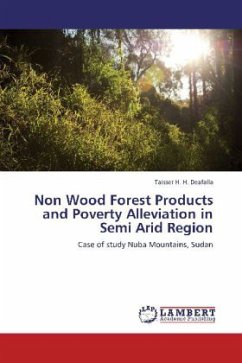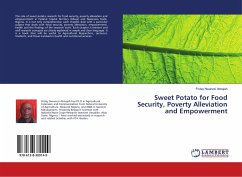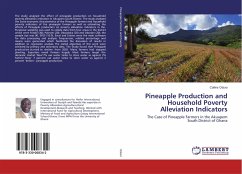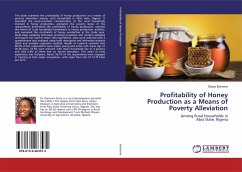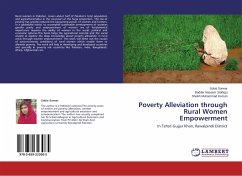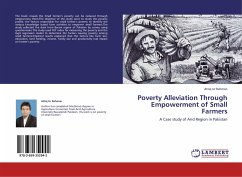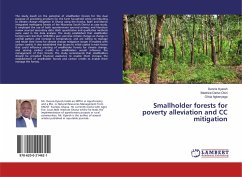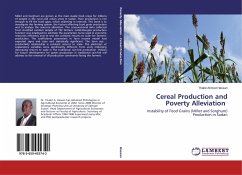Nowadays, Worsening socioeconomic and environmental circumstances have underscored the urgency of understanding of the interactions between these factors to prepare a successful land management strategies can be variously help to implementing a development paradigm in appropriate pathways that leads to environmental sustainability with conservation objectives and poverty alleviation. Generally, there is scarcity of studies on socio-economical factors affecting Non Wood Forest Products (NWFPs) as a renewable resource in semi-arid and their values from the local to national level. However beside their importance for food and medicinal uses promotion of the value of such products will have an enormous effect on income generation. In addition to enhancing the general environment through encouraging conservation of the tree cover. This is specially a valid expectation in areas where other land-based resources are meager or are of lower value. The aim of this study was to determine thecontribution of NWFPs for rural livelihoods in Nuba Mountains of Sudan. More emphasis on local knowledge and natural ingredients for such trees products could contribute on rural development and cure the

